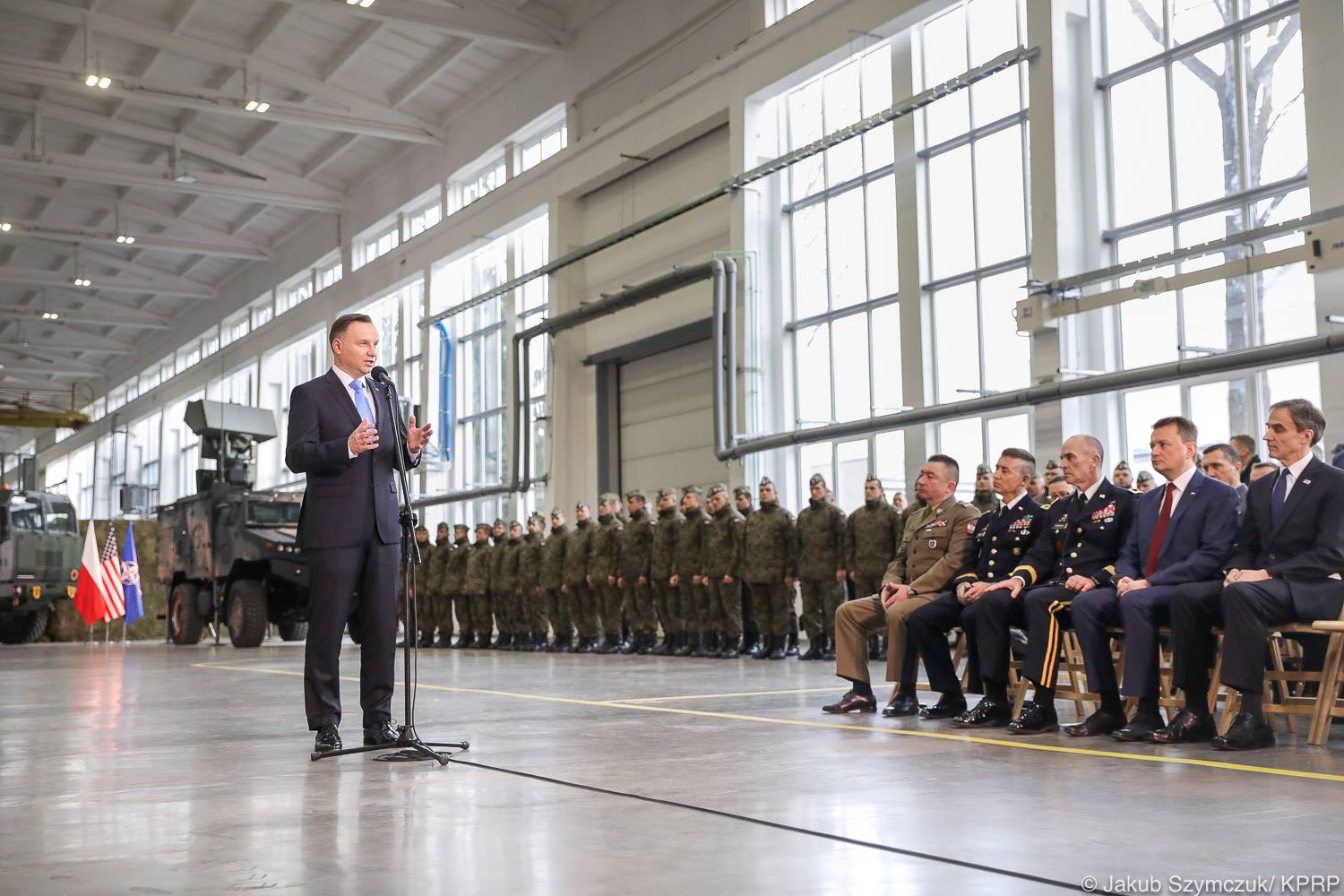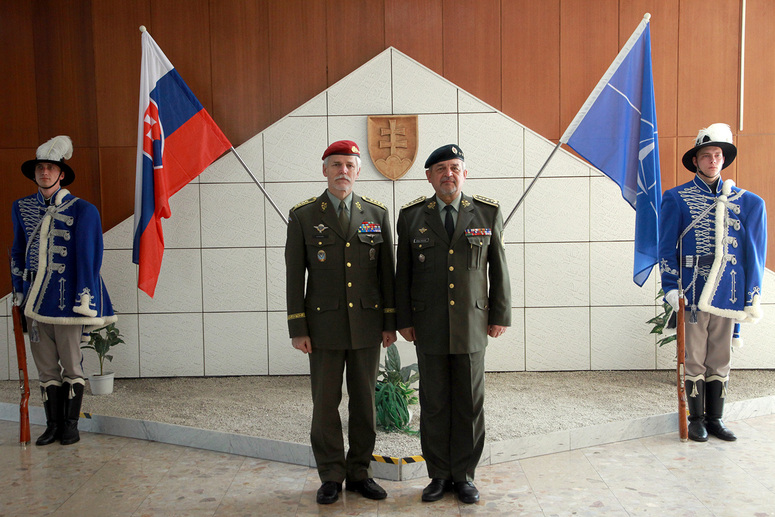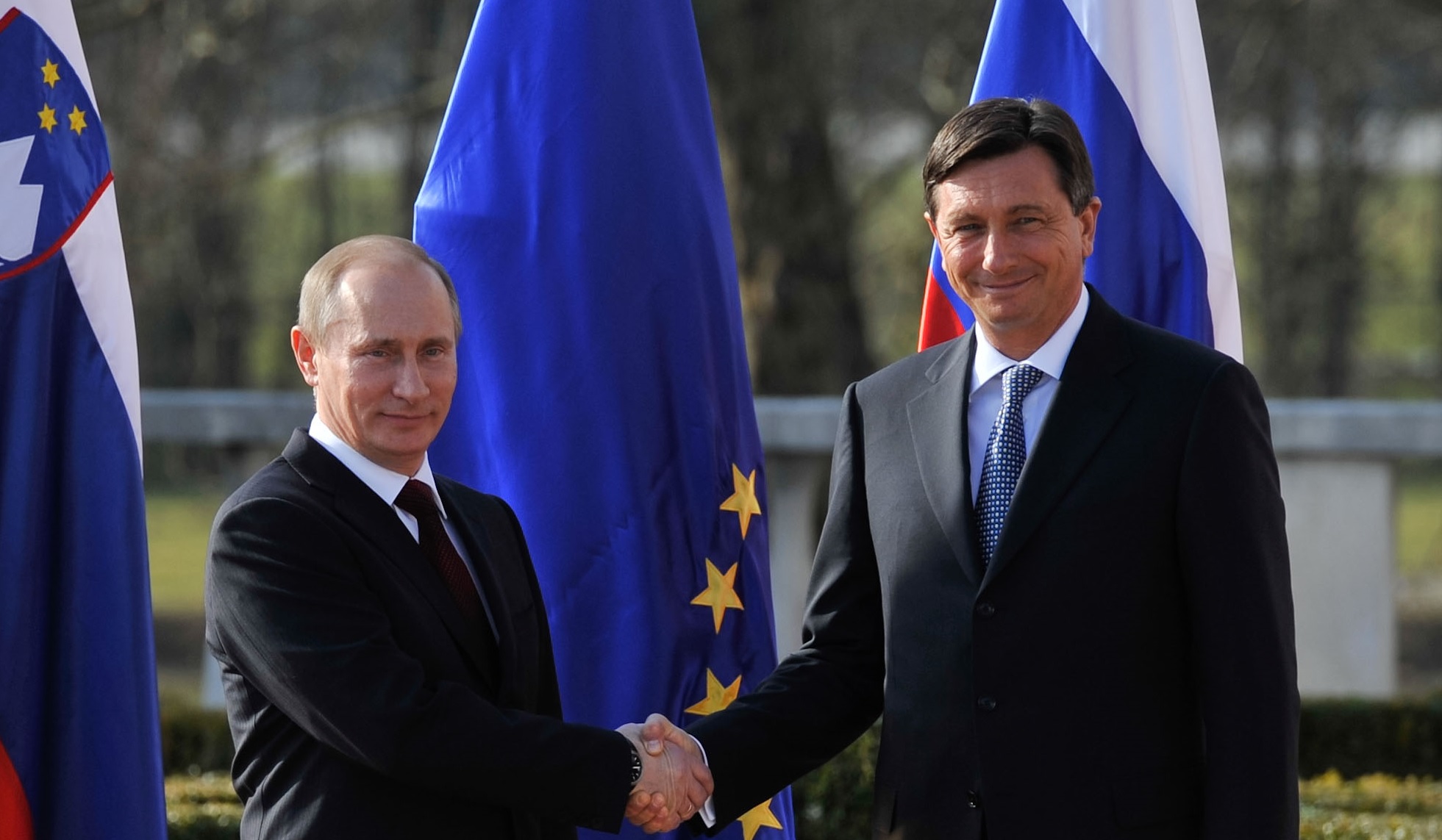Hungary, Budapest – The defense ministers of seven Central European countries met in Budapest as part of the Central European Defense Cooperation. The seven countries are preparing for a new influx of migrants that they intend to manage together, and some are rearming.
Hungary not only holds the rotating presidency of the Visegrád Group, but also of the Central European Defense Cooperation (CEDC). Its main objective for this year of work is to bring the two organizations closer. As such, Poland was invited as an observer for the Budapest meeting of the CEDC at the end of March.
The defense ministers of Hungary, Austria, Slovakia, Czechia, Slovenia, Croatia and Poland stated that they had developed a joint plan of action to “help each other quickly and effectively in case of problems”. The 7 defense ministers agreed on the risk to experience a new wave of migration similar to that of summer 2015. Hungary proposed to host a joint exercise of the armies of the seven countries in 2019, to bring about coordination in the management of a migration crisis – such an exercise was carried out in 2017 in Croatia.
“The migration crisis is not over,” said the Austrian minister, speaking on behalf of his counterparts. The danger of terrorism and the importance of preserving the Schengen area were also discussed. This cooperation is of particular importance for all those countries opposed to massive and uncontrolled immigration. “We have a voice all together,” said Czech Defense Minister Marla Slechtov.
The seven ministers also expressed their concern about the situation in the Western Balkans, and believe that they shall use all means at their disposal – including the EU and NATO tools – to preserve the stability of the region. However, they insisted on the need to include the most important politicians and ministers of defense of the Western Balkan countries in the process.
The Deputy Minister of Defense of Poland also pointed out that it was important to focus on certain emigration areas to help and that the problem of immigration should be tackled “at the root”, while at the same time helping countries undergoing immigration.

The V4 is rearming
Poland has just signed the largest arms purchase contract since the change of regime. The country is acquiring Patriot missiles (US anti-missile system) for 4.75 billion US dollars. In parallel, it is one of the few countries to respect the commitment of NATO members to spend 2% of their GDP on defense; and that’s not all: in Poland, this proportion will increase to reach 2.20% in 2020 and 2.5% in 2030. This allows Poland to respond to the deployment of Russian Iskander missiles in the Kaliningrad enclave, but also to strengthen its weight within NATO. President Trump’s visit to Warsaw last year was a strong signal of the United States’ recognition of Poland.
At the Budapest meeting of the CEDC, the defense ministers of Hungary and Czechia also announced that some weapons and handguns would soon be produced in Hungary. The licensing agreements will enable Hungary to produce 200,000 firearms over ten years worth 100 million euros, creating 200 sustainable jobs and allowing Hungary to equip its army with the latest equipment. The defense ministers of the Visegrád Group have reiterated their desire to promote armaments purchases from other members of the group and this announcement comes to materialize the strategy of cooperation in terms of armaments industry in the region.
Hungarian Defense Minister István Simicskó also announced last week the willingness of Hungary to strengthen its army drastically, including reaching 20,000 reservists and 30,000 active military. Hungary currently has 6,600 reservists, of whom 1,600 have been recruited since last summer.
To conclude the swearing-in ceremony of 700 new volunteers on the reserve, the Hungarian Minister of Defense explained that the European Union was in a “spiritual crisis” and that many were turning away from the faith, which he says put Western civilization in danger. But for the minister, Hungary is attached to the Christian values of Europe.



